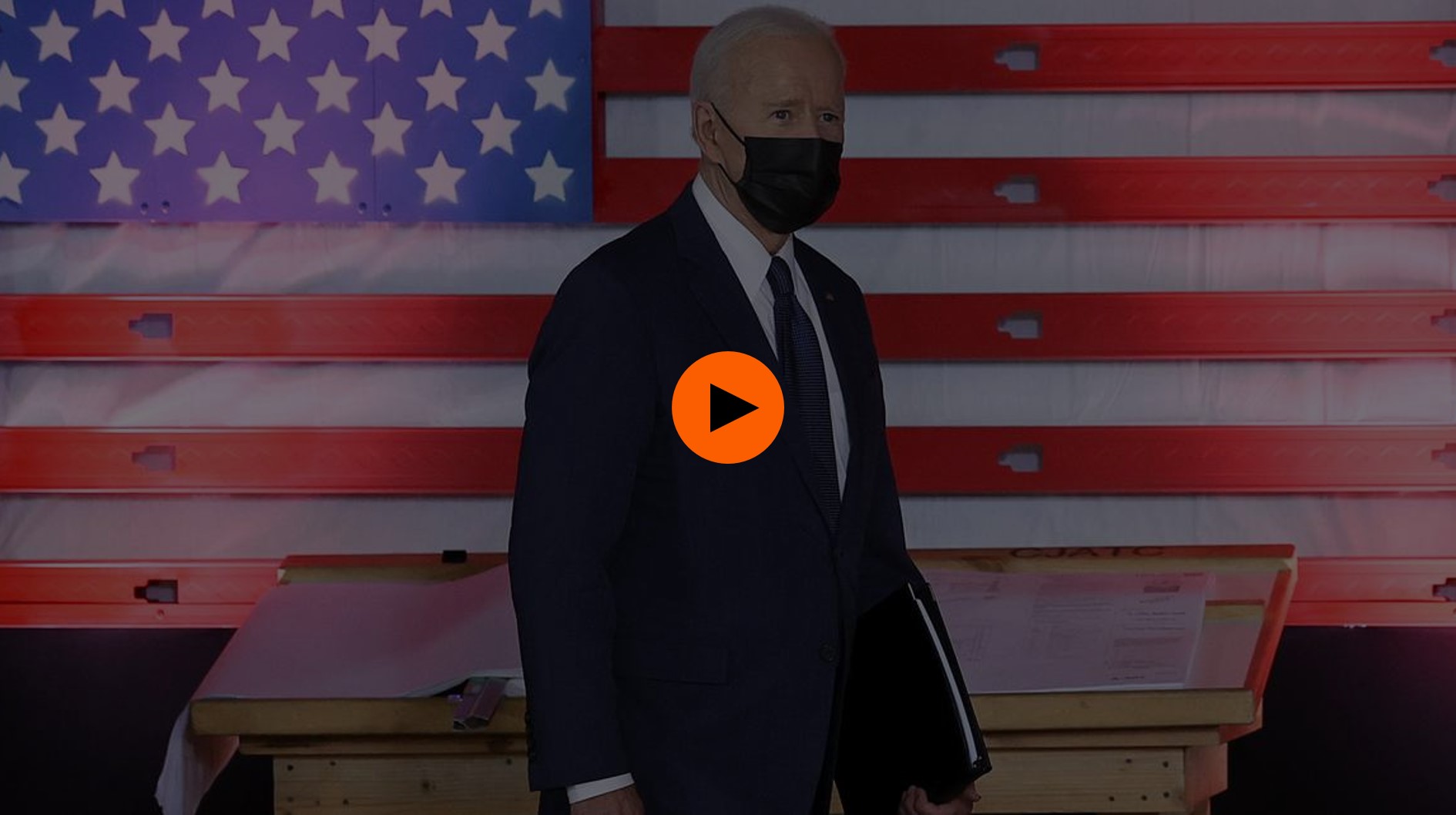
Biden Unveils His Multitrillion-Dollar Infrastructure Plan
President Joe Biden unveiled what he called “a once-in-a-generation investment in America” here Wednesday, visiting a carpenters’ training facility to roll out a $2 trillion vision that he said would rebuild the country’s infrastructure, make “transformational progress” on climate change, and push the economy toward a more modern future while creating millions of jobs.
“It’s big — yes. It’s bold — yes. And we can get it done,” Biden said, standing alone before American flags and nearby metal scaffolding and wood planks.
The plan, Biden’s second major initiative as president, represents the first piece of a two-part proposal that could cost more than $3 trillion and raise taxes on businesses and the wealthiest Americans, while promising an array of public works upgrades, including on roads, bridges, public transit, and the country’s water supply.
Biden presented it as a follow-through on his promise at the start of his presidential campaign in 2019 to “rebuild the backbone” of the country. Both times, he chose as a backdrop this Pennsylvania city long known for its working-class character.
By fueling infrastructure spending, new jobs, and growing industries, Biden argued, his proposal would aid the “ordinary Americans” who “get up every day, work hard, raise their family, pay their taxes, serve the country,” and are seeking “just a little bit of breathing room.”
He also said it would address a “distorted” economy in which the country’s wealthiest people have gained while “everyone else was falling behind.”
“This is about opening opportunities for everybody else,” Biden said. “And here’s the truth: We all will do better, when we all do well. It’s time to build our economy from the bottom up and from the middle out.”
His speech was just the first step in what is likely to be an arduous process to pass a potentially legacy-defining effort. The plan immediately faced sharp criticism over its proposed tax increases, and it will have to navigate a narrowly divided Congress where most or all Republicans are likely to oppose it, some liberal Democrats may see it as insufficient, and some moderates are likely to worry about the price tag.

